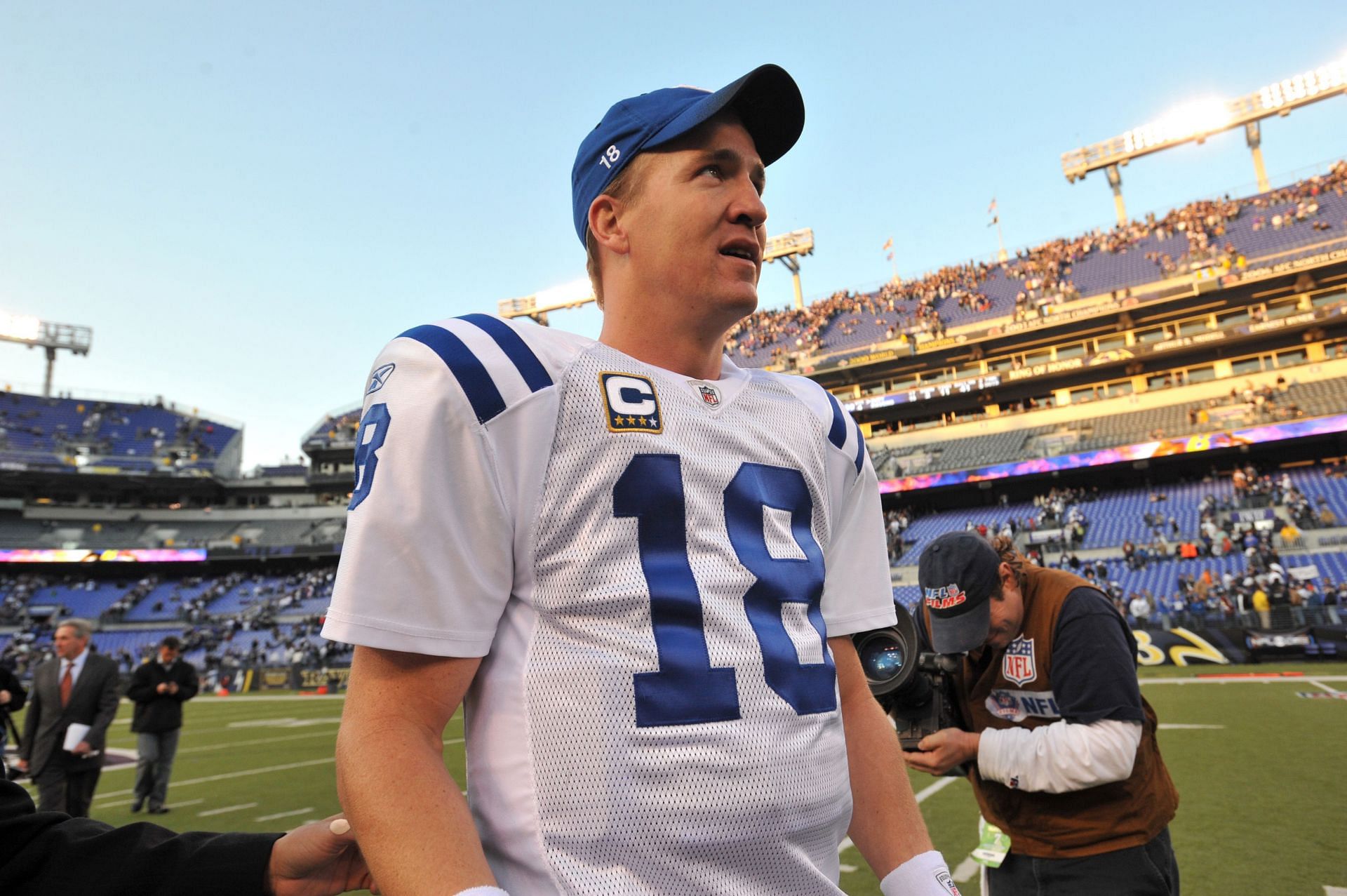
Mike Florio pinpoints horrific Peyton Manning injury as key reason for controversial TNF flex
In a thought-provoking analysis, Mike Florio shed light on a significant event in NFL history that might have influenced the league's decision-making process regarding Thursday Night Football (TNF) flex scheduling.
Florio pinpointed a horrific injury to Peyton Manning as a pivotal moment that led to the implementation of controversial flex options for Thursday night games.
Florio's perspective brings to the forefront the league's decision to increase the time needed to shift a TNF game to Sunday from 15 days' notice to 28 days.
In his own words, Florio stated:
"That's significant because much can happen in four weeks. In four weeks, the game that was dumped could end up being more attractive than the game that was moved."
Florio references a specific incident in 2011 when Peyton Manning, then Indianapolis Colts quarterback, suffered an injury that caused him to miss their Sunday night tie against the New Orleans Saints:
"When Peyton Manning was injured and the Saints played the Colts on a Sunday night in a Super Bowl XLIV rematch. New Orleans won the game, 62-7. The ratings were less than ideal."
This eye-opening situation involving Manning prompted the NFL to consider adjusting its scheduling approach, particularly with regard to TNF.
Recognizing the impact of a season-altering quarterback injury, the NFL realized the need to be proactive in ensuring a captivating product for Thursday night games.
Florio feels TNF flexing is detrimental for NFL fans nonetheless
With four weeks' notice required for flex scheduling changes, the NFL aims to evaluate the playoff prospects of the teams involved.
If it becomes apparent that both teams are out of contention for the postseason or if one team has suffered the loss of a high-caliber franchise quarterback due to injury, a flex option may be exercised.
The veteran NFL analyst, though, still believes that a schedule flex wouldn't be ideal for the league going forward:
"The fact that it will be used rarely doesn’t make it OK, however. Fans who buy tickets for late-season games and who make plans to personally attend those games (especially if they involve travel) will be assuming the risk of a three-day shift in kickoff."
Florio's analysis sheds light on the complex considerations that go into the NFL's decision-making process when it comes to scheduling Thursday night games.
While the concept of flex scheduling has faced its share of controversy, its implementation seeks to balance the competitive integrity of the games with the need for captivating matchups that resonate with fans.